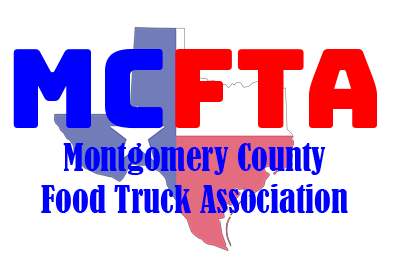Propane tanks
Propane poses the most significant risk of fire in a food truck. NFPA asserts that 68 percent of food truck fires are related to leaks or structural failures in propane tanks. Propane explosions were behind almost every food truck fire involving injuries and deaths in recent years.
Here’s the thing: while cooking with propane is generally considered safe, just a small, 20-pound propane cylinder attached to a backyard grill contains the explosive power of 170 sticks of dynamite – generating more than 425,000 BTUs (British Thermal Units) of energy.
Food trucks can carry 100-pound propane cylinders capable of exploding with more than 2.5 million BTUs. The very nature of food truck use amplifies the risk, as trucks are commonly parked at events or lined up along streets where large numbers of people congregate, cramming an enormous explosive potential into a small, heavily populated space. Some states consider food trucks a potential terrorist threat due to the explosive power of their propane tanks.
Food trucks are constantly on the move, driving over bumpy roads and potholes that can jostle propane tanks—loosening connections and fittings, and causing other structural damage. Failing to properly tighten fittings when tanks are swapped out can also cause leaks.
Since propane is heavier than air, an undetected leak on a tank inside a truck tends to pool near the floor. In a truck saturated with cooking smells, people may not realize that they are standing in a pocket of propane gas. A single spark from the oven or stove can ignite the gas.
Carrying propane tanks on the outside of trucks decreases the risk posed by leaks—but increases the risk of tanks exploding on impact in even minor collisions.
